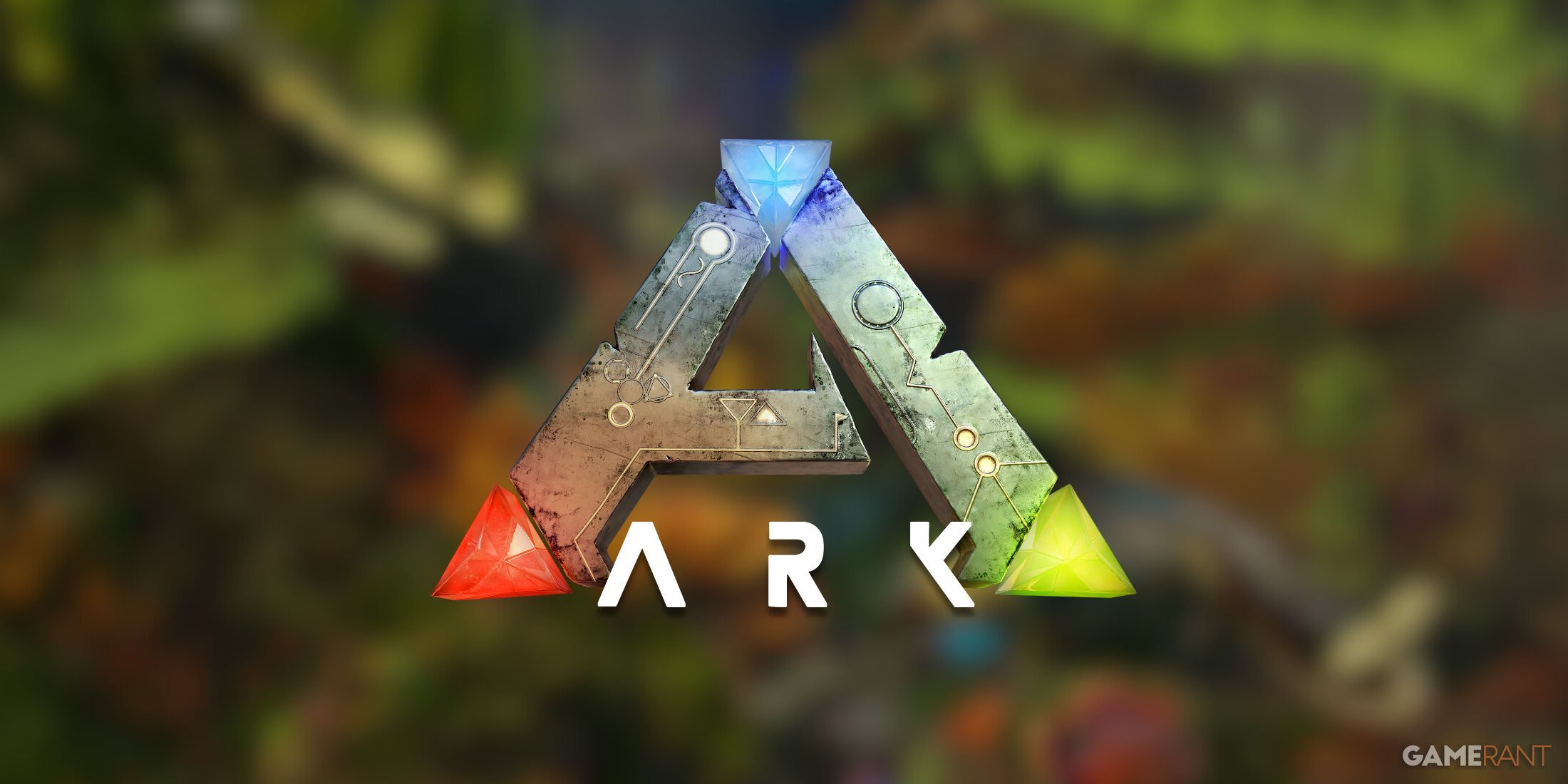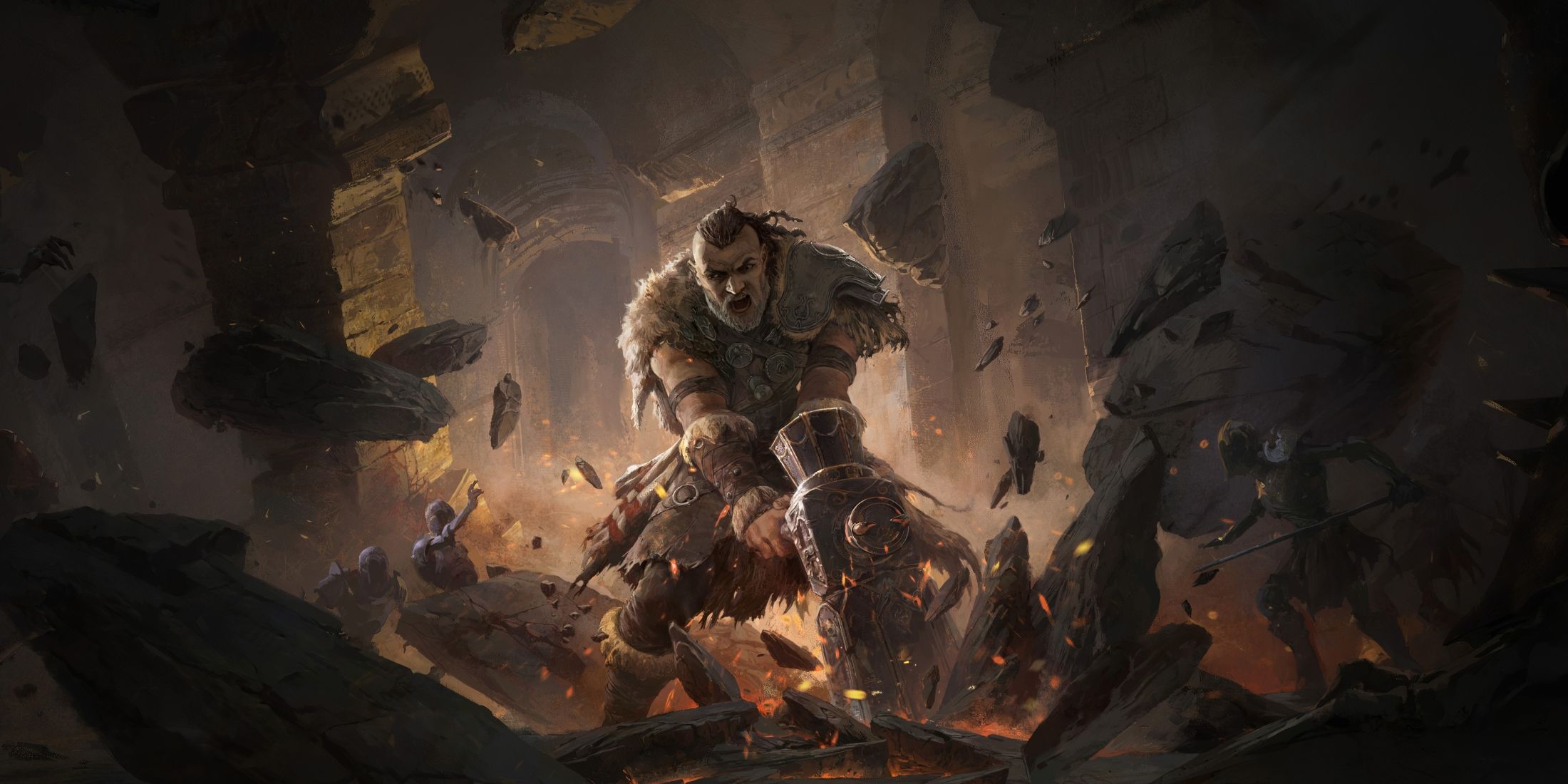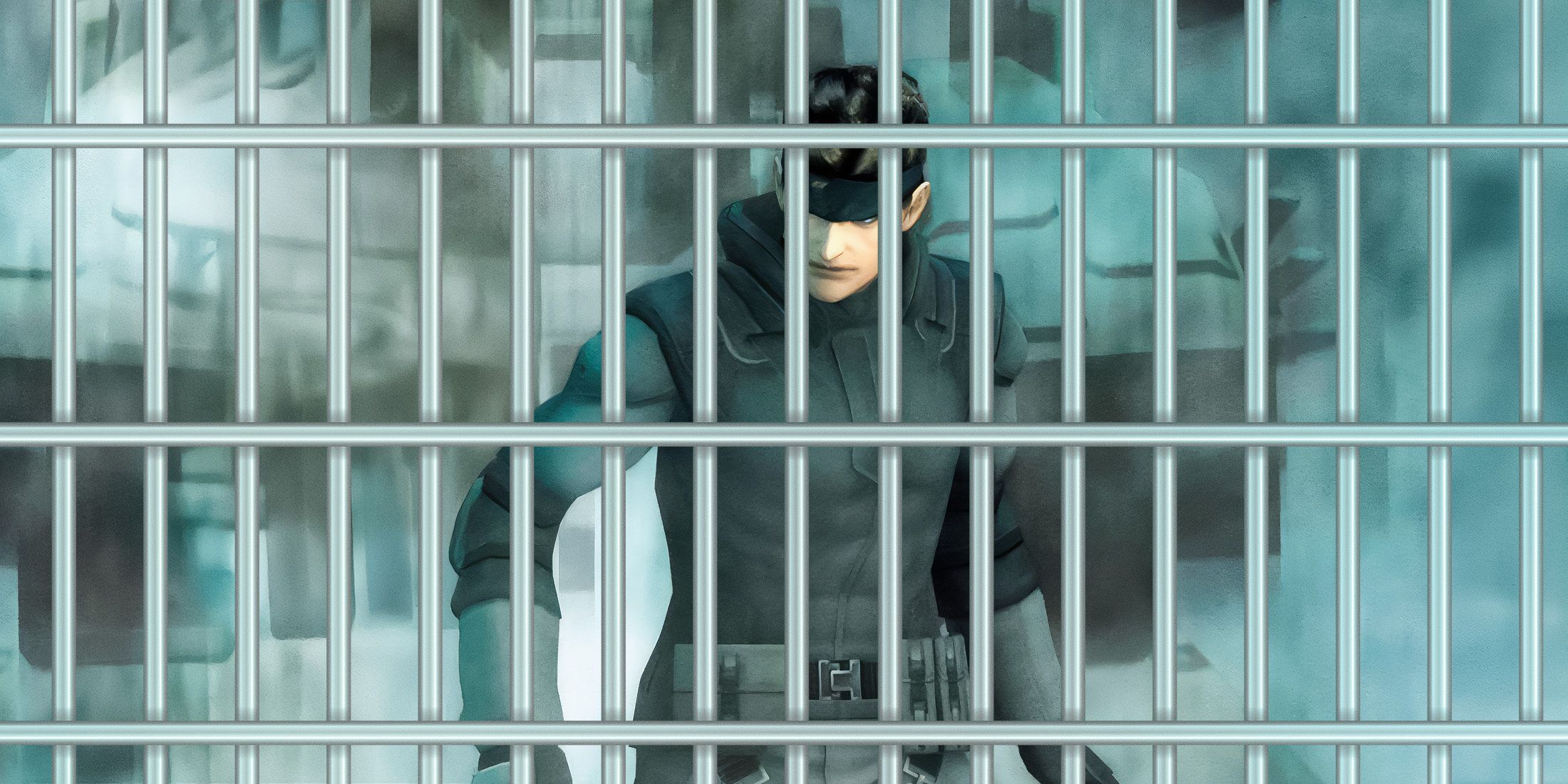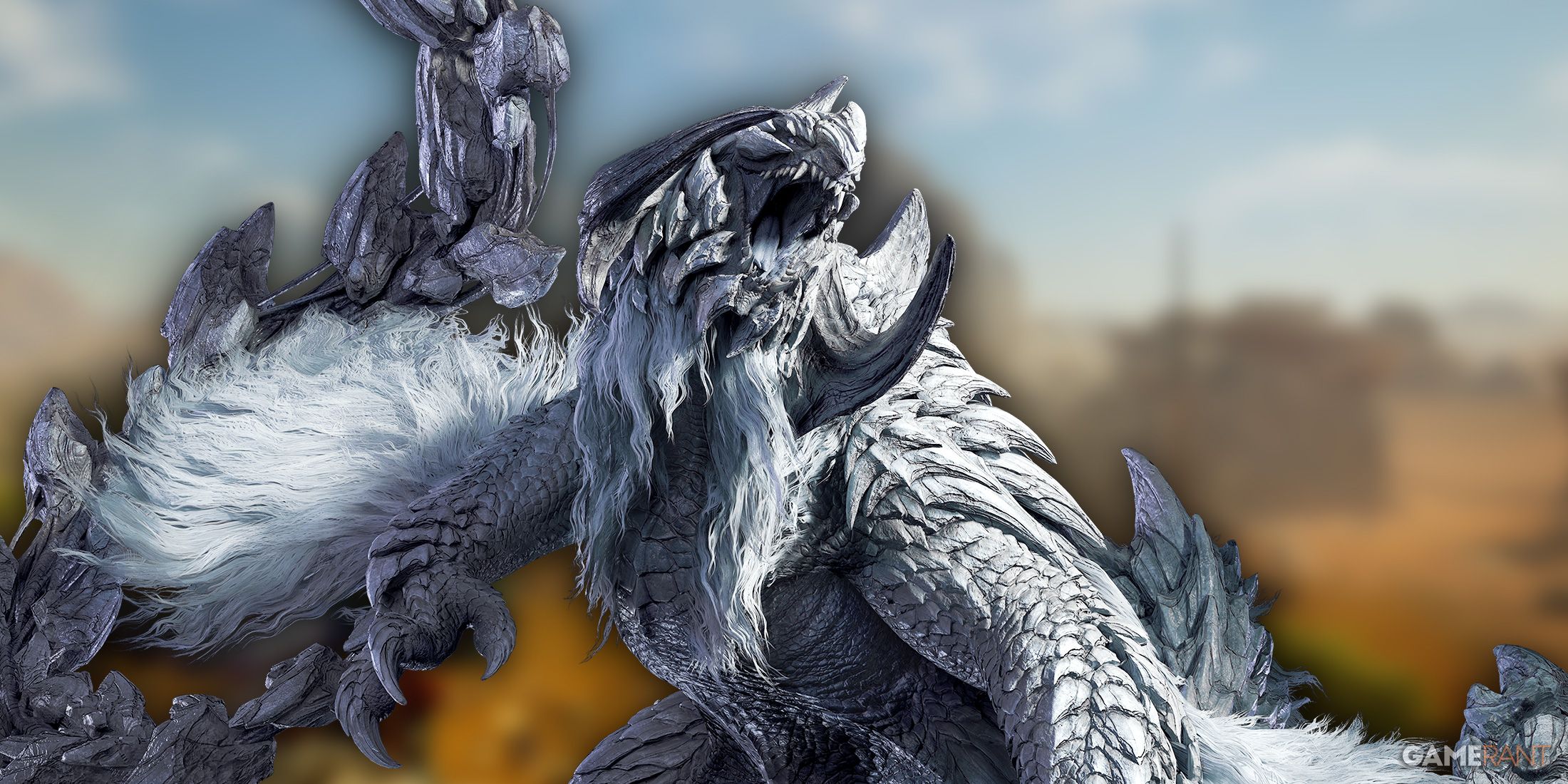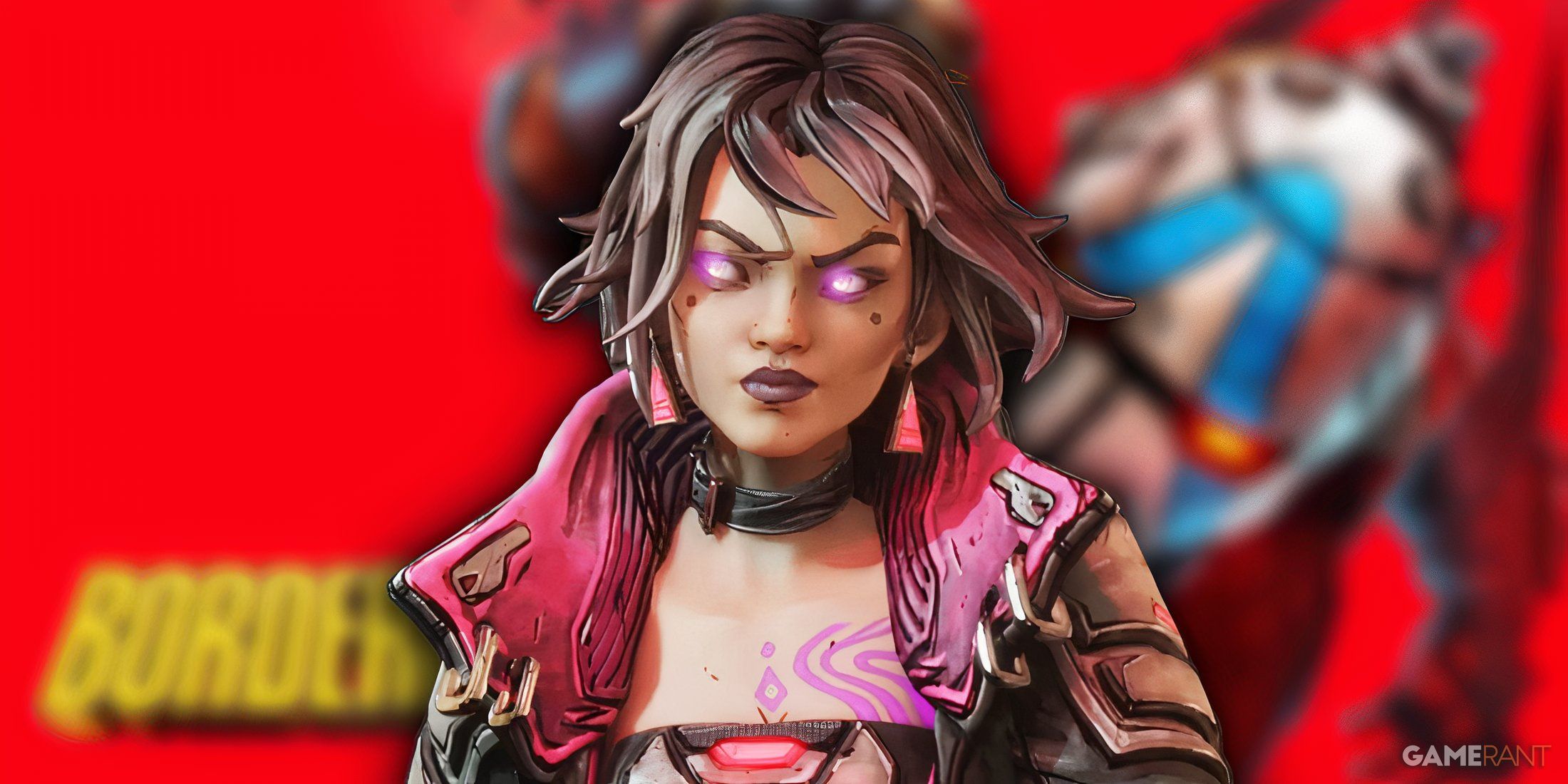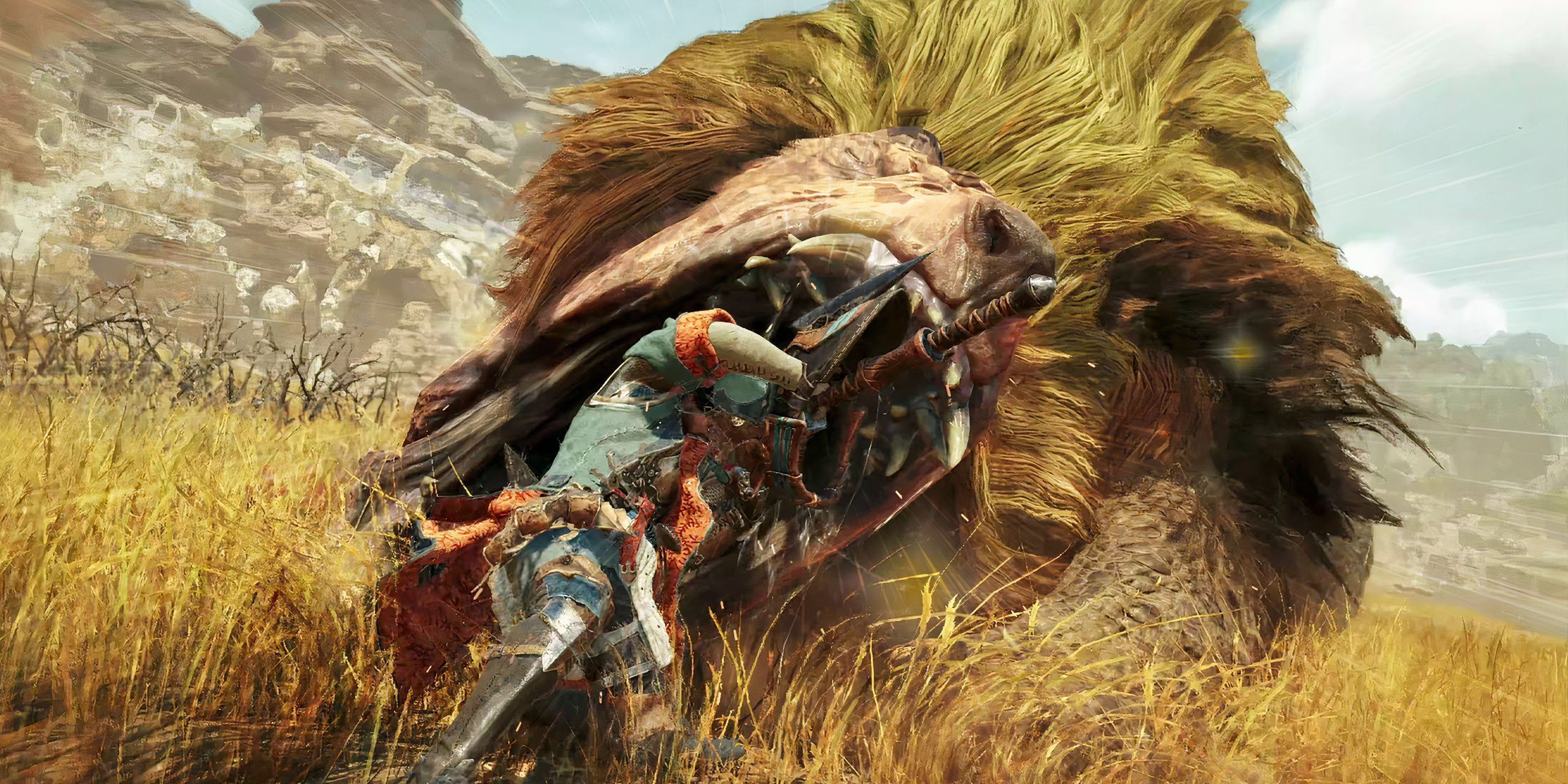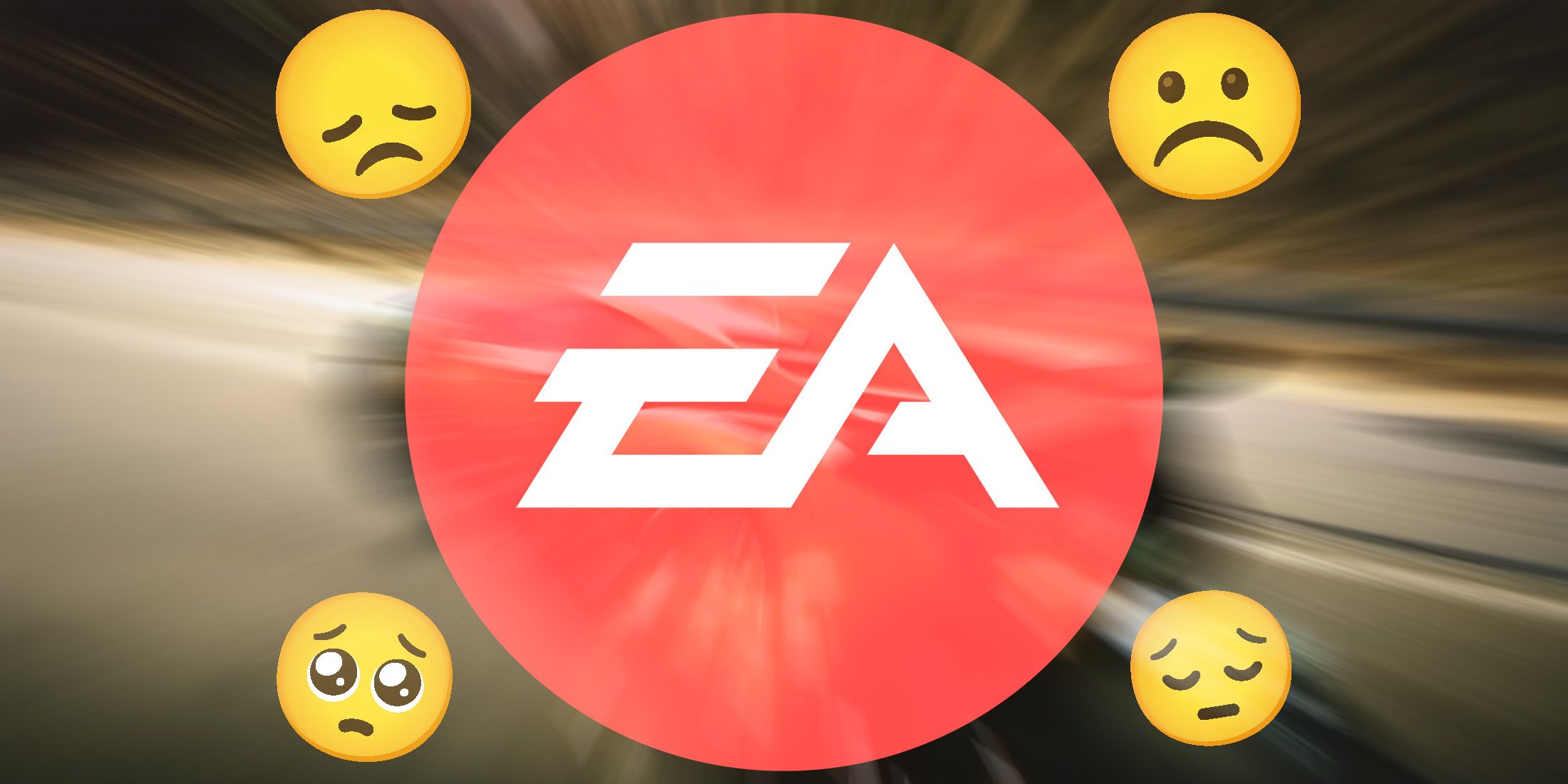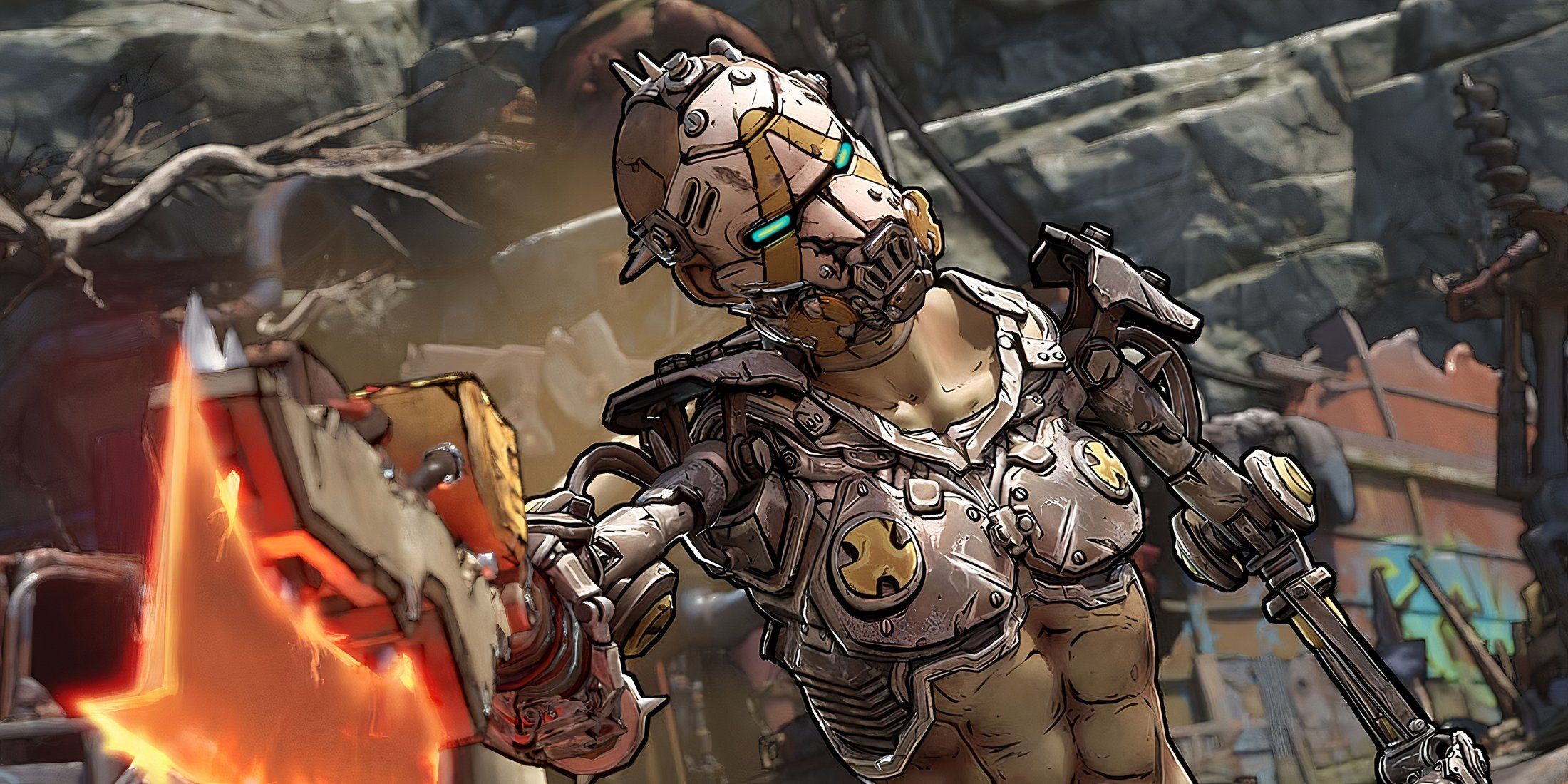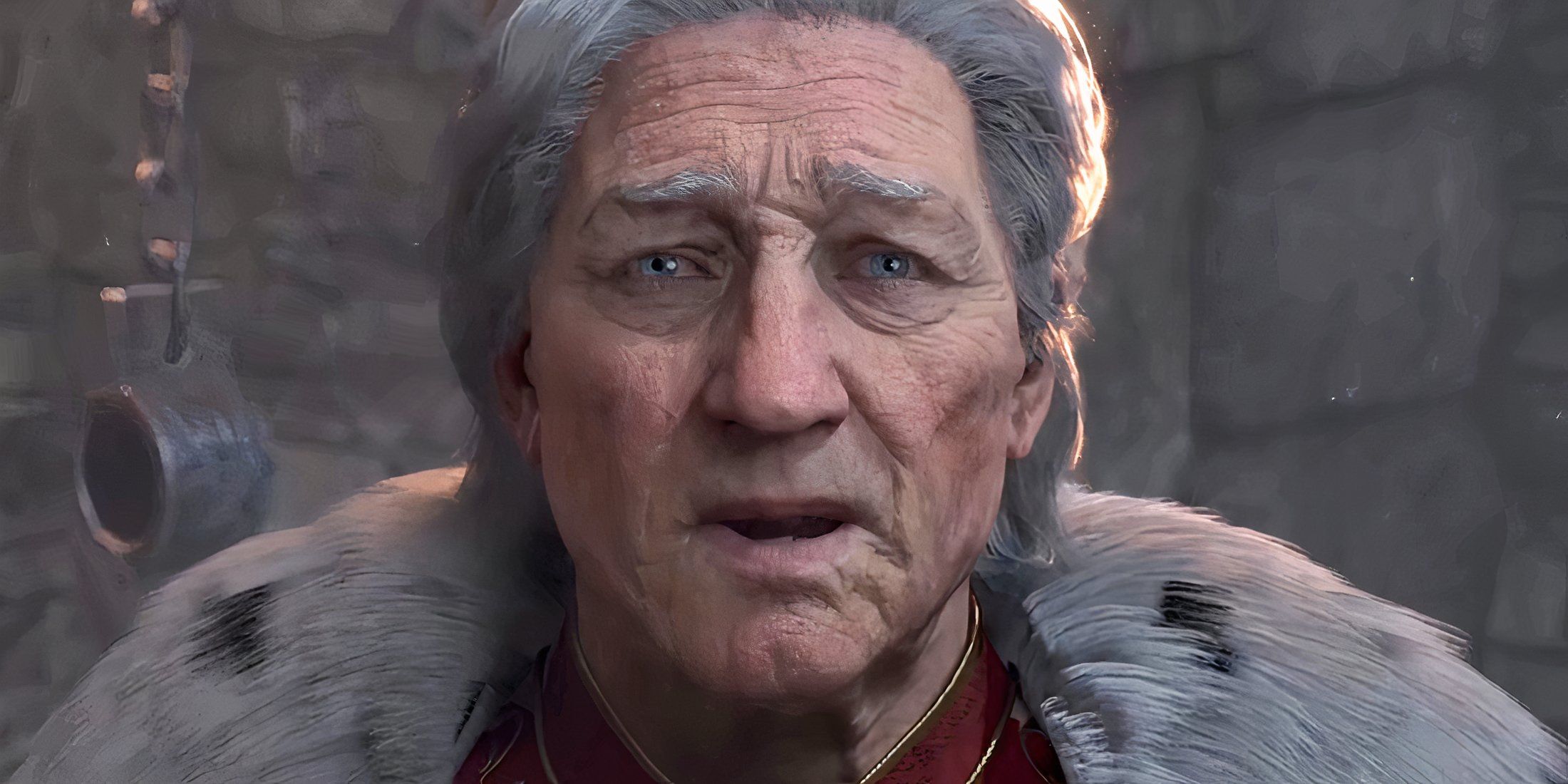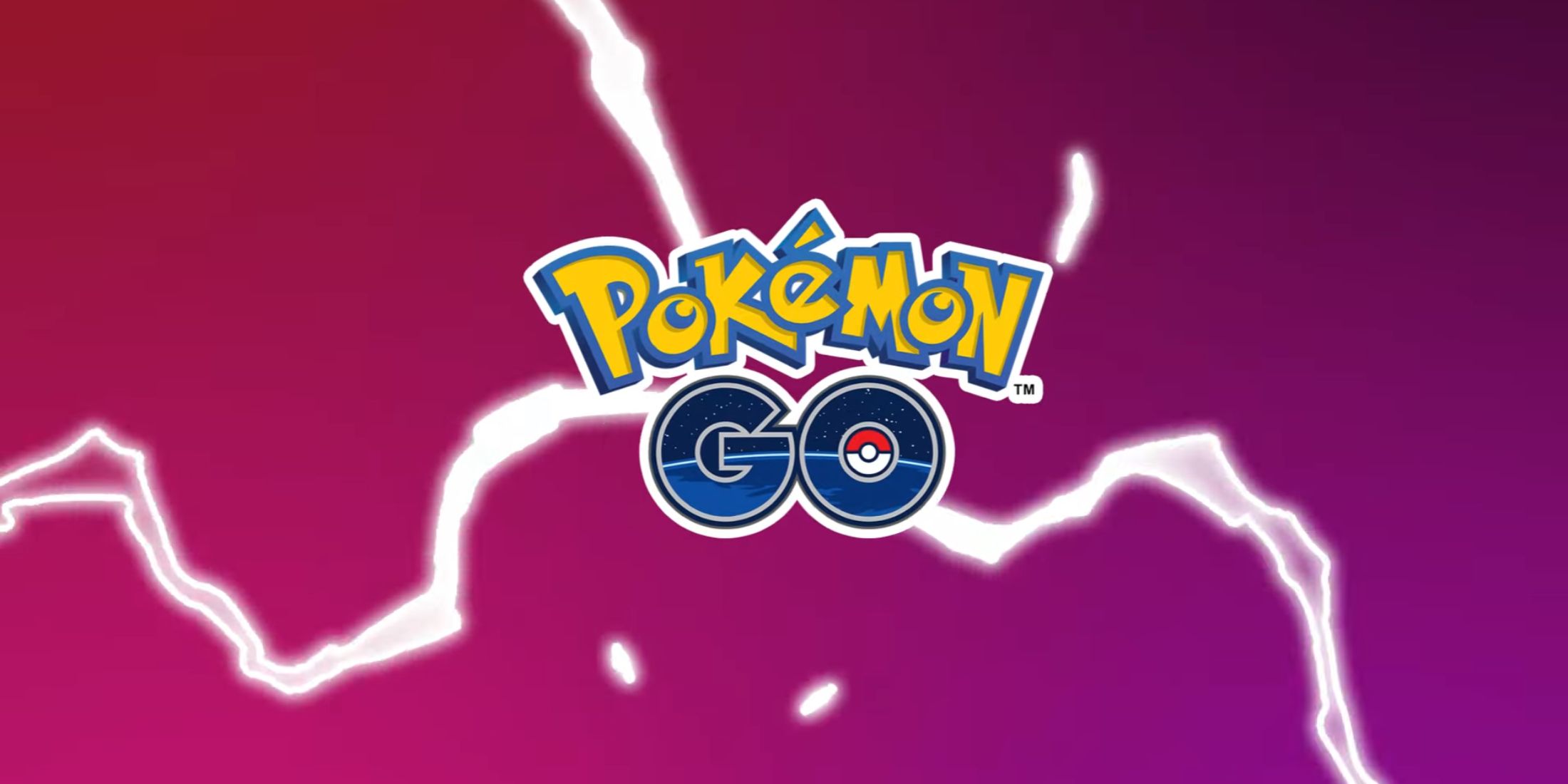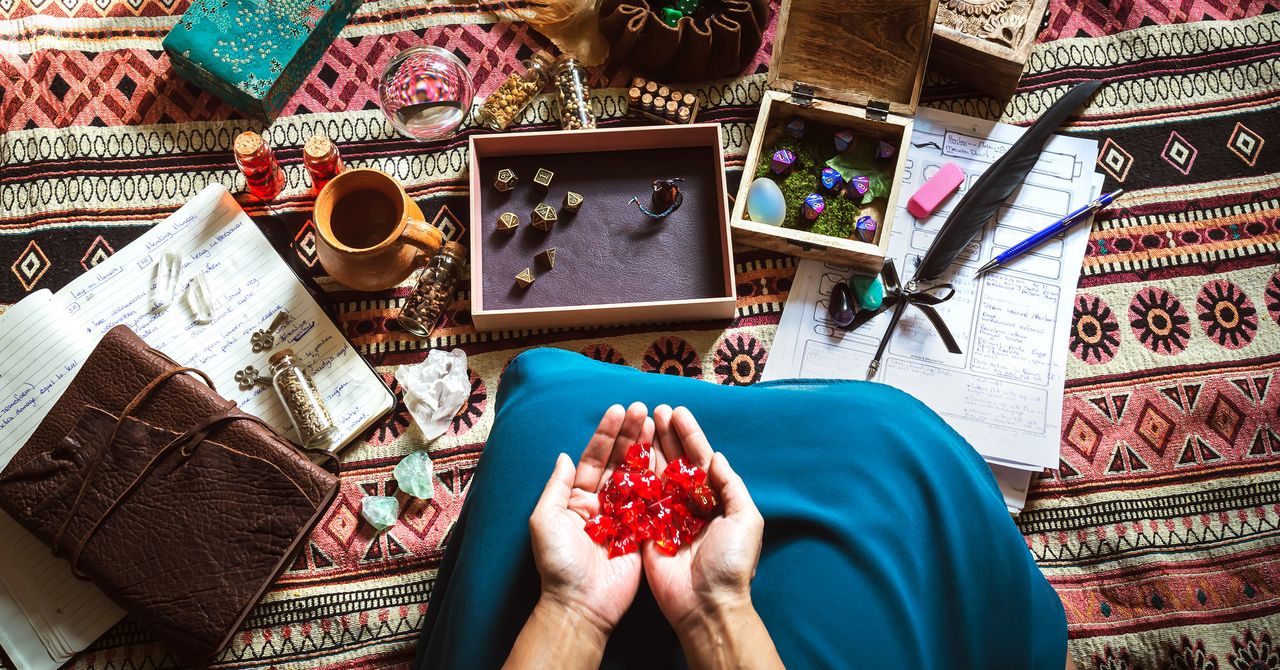
As tabletop role-playing games (or TTRPGs) continue to grow in popularity, mental health professionals have been adapting them to enhance their practices. In a therapeutic setting, TTRPGs like Dungeons & Dragons (D&D) give clients a safe space to explore everything from gender to social skills—and have fun while doing it.
How Game Therapy StartedAdam Davis founded Game to Grow with Adam Johns in 2017 to offer therapeutically applied TTRPGs to their clients and help other mental health professionals do the same.
Davis had a background in drama therapy and education, and Johns was working as a private practice therapist when the duo started running TTRPGs in a therapeutic context.
“We were running a small organization, a couple of groups a week helping 12, 15, maybe 20 kids a week in our groups,” Davis says. “And then we realized we could do even more if we were a nonprofit.”
The organization grew to include more providers and now serves around 150 clients, Davis says. These clients use TTRPGs to work through a range of issues, from exploring identity to addressing real-world conflict.
From there, Game to Grow developed a more formal methodology that they now use to train other mental health professionals and educators on how to implement TTRPGs in their work.

